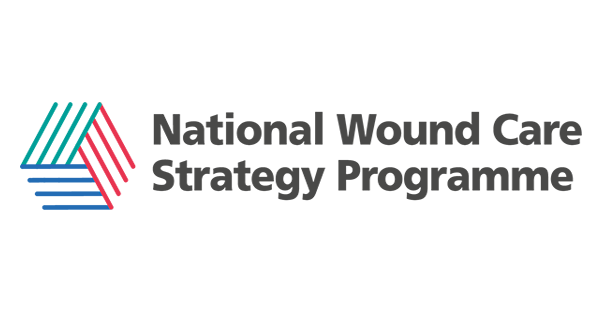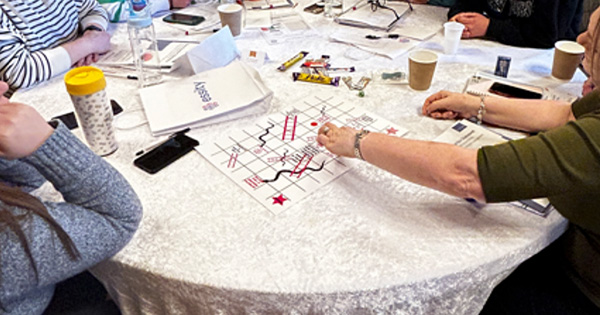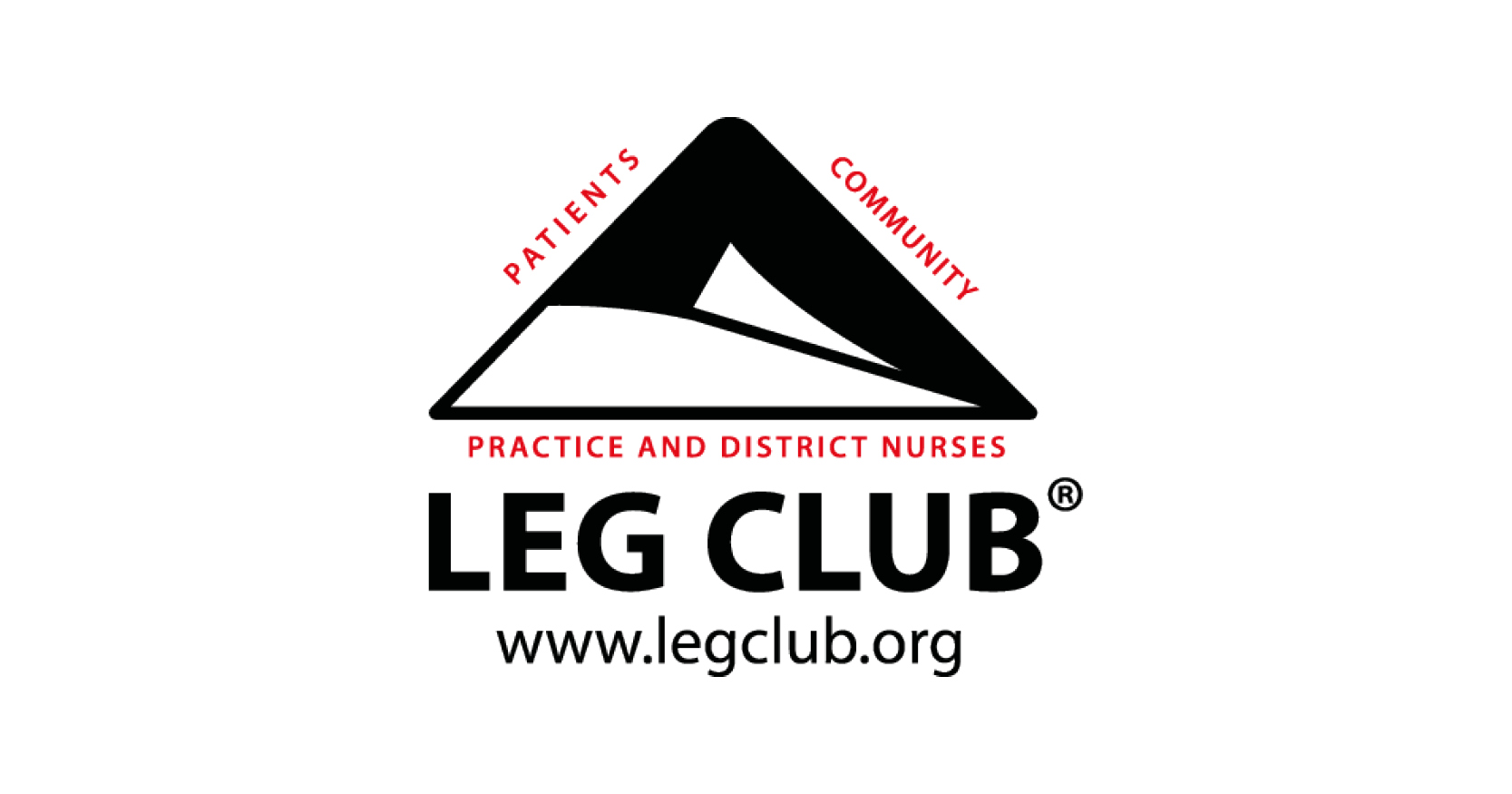So why do we need improvements in surgical wound care? Many think that surgical wounds are not a big problem, but surgical wounds are the most commonly managed wound type (57%) (Guest et al, 2018) and delayed healing in surgical wounds is estimated to cost the National Health Service (NHS) £982.9 million per year (Guest et al, 2017). With the current NHS financial pressures, improving surgical wound healing could make a significant difference.
One of the main issues is that we cannot accurately measure the scale of the problem. National modelling work estimates give us an idea, but most surgical wound complications (SWC’s) occur post-discharge. As there is no national system-wide routine surgical wound complication data collection there is little reliable or comprehensive data and information at national or local level. Surgical site infection (SSI’s) is recorded once a quarter in the acute sector for a limited range of surgical specialities, but community and primary care data collection is voluntary so incomplete.
The data and information issue is further complicated by the focus on SSI. Many surgical wounds break down (dehisce) but not always due to infection. Other causes of wound breakdown are mechanical stress (coughing), technical issues (suture technique) or disrupted healing (comorbidities). Surgical wound breakdown of any cause causes distress and anxiety to patients and incurs additional use of NHS resources in the form of dressings and clinical time. Therefore, the focus needs to widen from just SSIs to the broader topic of surgical wound complications (SWC).
The NWCSP is developing the following strategic approach:
Recommendations: To review, update and re-publish the current NWCSP Surgical Wound Recommendations: Since publication of the NWCSP Surgical Wound Recommendations in 2021, there has been an increasing recognition of the problems of SWC’s and this has led to an increase in the amount of published evidence and guidelines. These will have to be reviewed to ensure the updated NWCSP recommendations contain up to date evidence.
- Education: There is very little free-to-access NHS education available on wound dehiscence and other SWC’s, so we are developing some educational resources to meet this need. These resources will be added to the existing suite of NWCSP/eLearning for health wound care education resources
- Patient resources: The COVID-19 pandemic has led to patients and clinicians being much more willing to involve patients and carers in their wound care. Currently patients are discharged and rarely see a clinician until their sutures/clips are due to be removed. The NWCSP is developing resources for patients and carers to help them identify the early signs of SWC’s and seek help from an appropriate service in a more timely manner.
- Clinical pathway: Too often, it is difficult to refer people with SWCs back to the surgical team for skilled assessment and interventions. The NWCSP will work system-wide to improve collaboration between all those involved in the patient journey to ensure that those who experience SWCs receive an early surgical review from the most appropriate clinical service.
- Data and Information: Until we start to have a common language and standardised assessment it will be difficult to get an understanding of the scale of the problem of SWCs. Therefore, we are developing proposals for an agreed set of parameters that should be collected for each surgical wound, wherever that care is being delivered. This will then help us to develop outputs that promote healing for those with SWCs.
Few people get through life without experiencing some form of surgery. Fortunately, most heal without complications but for those who are unlucky enough to experience a surgical wound complication, the experience can be distressing and worrying. While not all SWCs can be prevented. the NWCSP is working hard to deliver quality improvement initiatives that will improve patient experience and make the best possible use of NHS resources.



